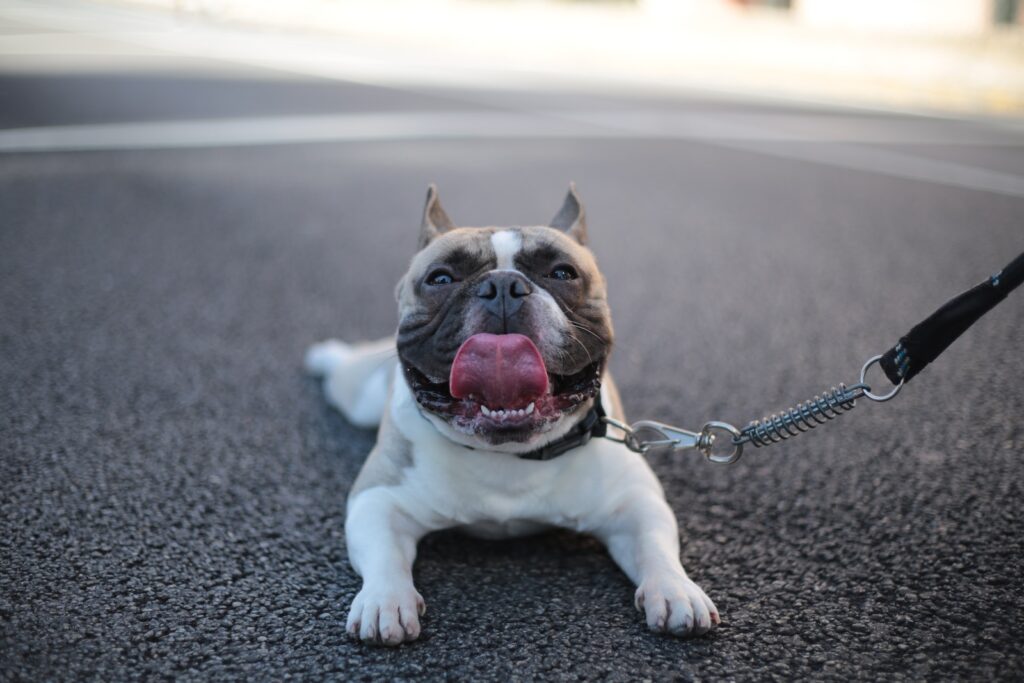Can Dogs Eat Sausage? — No, They Can’t
Sausage may be a delicious treat for humans, but unfortunately, it is not safe for dogs to consume. Feeding sausage to dogs can pose a significant risk to their health and well-being.
Can Puppies Eat Sausage?
Puppies should never be given sausage to eat. Their young digestive systems are more sensitive, making them even more vulnerable to the risks associated with consuming sausage.
Why is Sausage Harmful for Dogs?
There are several reasons why feeding sausage to dogs can be harmful:
1. High Fat Content
Sausage is typically high in fat, which can lead to digestive issues and pancreatitis in dogs. Pancreatitis is a condition that causes inflammation of the pancreas and can be life-threatening if not treated promptly.
2. Sodium and Seasonings
Sausages often contain high levels of sodium and various seasonings, such as garlic or onion powder, which can be toxic to dogs. These ingredients can cause anemia and damage the red blood cells, leading to serious health complications.
3. Processed and Preservatives
Sausage is processed meat and may contain preservatives like nitrates or nitrites, which can also be harmful to dogs. Consumption of these additives has been linked to an increased risk of certain cancers in canines.
Symptoms to Watch Out For After Dogs Consume Sausage
- Upset Stomach: Dogs may experience vomiting, diarrhea, or abdominal discomfort after consuming sausage.
- Pancreatitis: Symptoms may include a decreased appetite, lethargy, vomiting, and abdominal pain. Immediate veterinary care is crucial if pancreatitis is suspected.
- Garlic or Onion Toxicity: Dogs may develop symptoms such as weakness, pale gums, increased heart rate, and breathlessness. Seek veterinary attention immediately if your dog has ingested sausage containing garlic or onion.
Immediate Steps to Take if Your Dog Eats Sausage
- Monitor Symptoms: Keep a close eye on your dog for any signs of an upset stomach, pancreatitis, or garlic/onion toxicity.
- Withhold Food: Temporarily withhold food to allow your dog’s digestive system to settle. Provide small amounts of water to prevent dehydration.
- Contact Your Vet: Call your veterinarian and provide them with detailed information about the quantity and type of sausage your dog consumed. Follow their instructions regarding further care or potential emergency treatment.
Safe Alternatives to Sausage
Fortunately, there are safer alternatives that dogs can enjoy instead of sausage:
- Chicken — Cooked, boneless, and skinless chicken can be a tasty and nutritious substitute for sausage.
- Carrots — Raw or cooked carrots make an excellent low-calorie and crunchy treat for dogs.
- Blueberries — These delicious fruits are packed with antioxidants and make a healthy and flavorful alternative to sausage.
Conclusion
In conclusion, dogs should not consume sausage due to its high fat content, sodium, seasonings, and potential preservatives. Feeding sausage to dogs can result in various health problems, including pancreatitis, toxicity, and digestive issues. It is essential to provide your canine companion with safe and healthy food alternatives to ensure their well-being.
Frequently Asked Questions
Can dogs eat sausage links?
No, dogs should not be fed sausage links as they pose similar health risks as other types of sausage.
Is sausage harmful to dogs in small quantities?
Even in small quantities, sausage can be harmful to dogs due to its high fat content, sodium, and potential toxic seasonings.
Can dogs eat sausage without seasoning?
Sausage without seasoning may still contain high fat levels that can lead to digestive issues and pancreatitis in dogs. It is best to avoid feeding sausage to your canine companion altogether.
Can dogs eat cooked sausage?
No, cooked sausage is still harmful to dogs due to its high fat content and potential toxic ingredients. It is best to provide safe alternatives instead.





